Search

News & Events
Institute celebrates eradication of rubella in AustraliaThe eradication of rubella in Australia is evidence of the vital role vaccinations play in protecting our health, researchers at The Kids Research Institute Australia say.
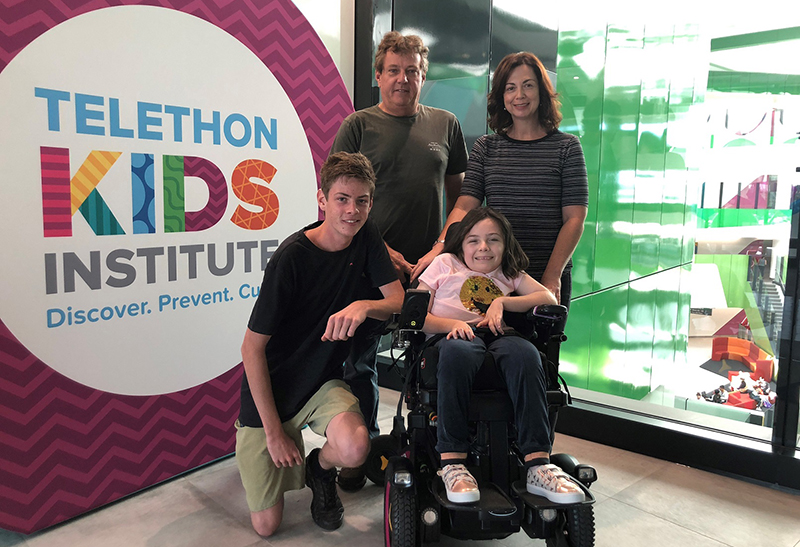
News & Events
The Kids study hopes to help kids with neuromuscular disorders sleep more easilyMackenzie was 10 months old when her parents, Jodie and Scott, were given the life-changing news that their daughter would never walk.

News & Events
Australia’s first regenerative and genetic medicine program for children’s lung diseaseA new program that uses cutting edge stem cell techniques to repair lung damage in children will be established at The Kids Research Institute Australia with support from the Telethon-Perth Children’s Hospital Research Fund (TPCHRF).

News & Events
Children’s voices must be heardAround seven per cent of children and young people live in poverty, and one third are developmentally vulnerable when they start full-time school.

News & Events
Partnering with communities to reduce rheumatic heart disease in the KimberleyThe Kimberley has the highest rates of rheumatic heart disease (RHD) in Western Australia – but through the establishment of a new community-led, research-backed project known as END RHD Communities, there’s hope this will change.

News & Events
The Kids skin researcher awarded prestigious L’Oréal-UNESCO Women in Science fellowshipDr Asha Bowen, Head of Skin Health at the Wesfarmers Centre of Vaccines and Infectious Diseases, has been awarded a 2018 Fellowship as part of the prestigious L’Oréal-UNESCO Women in Science program.
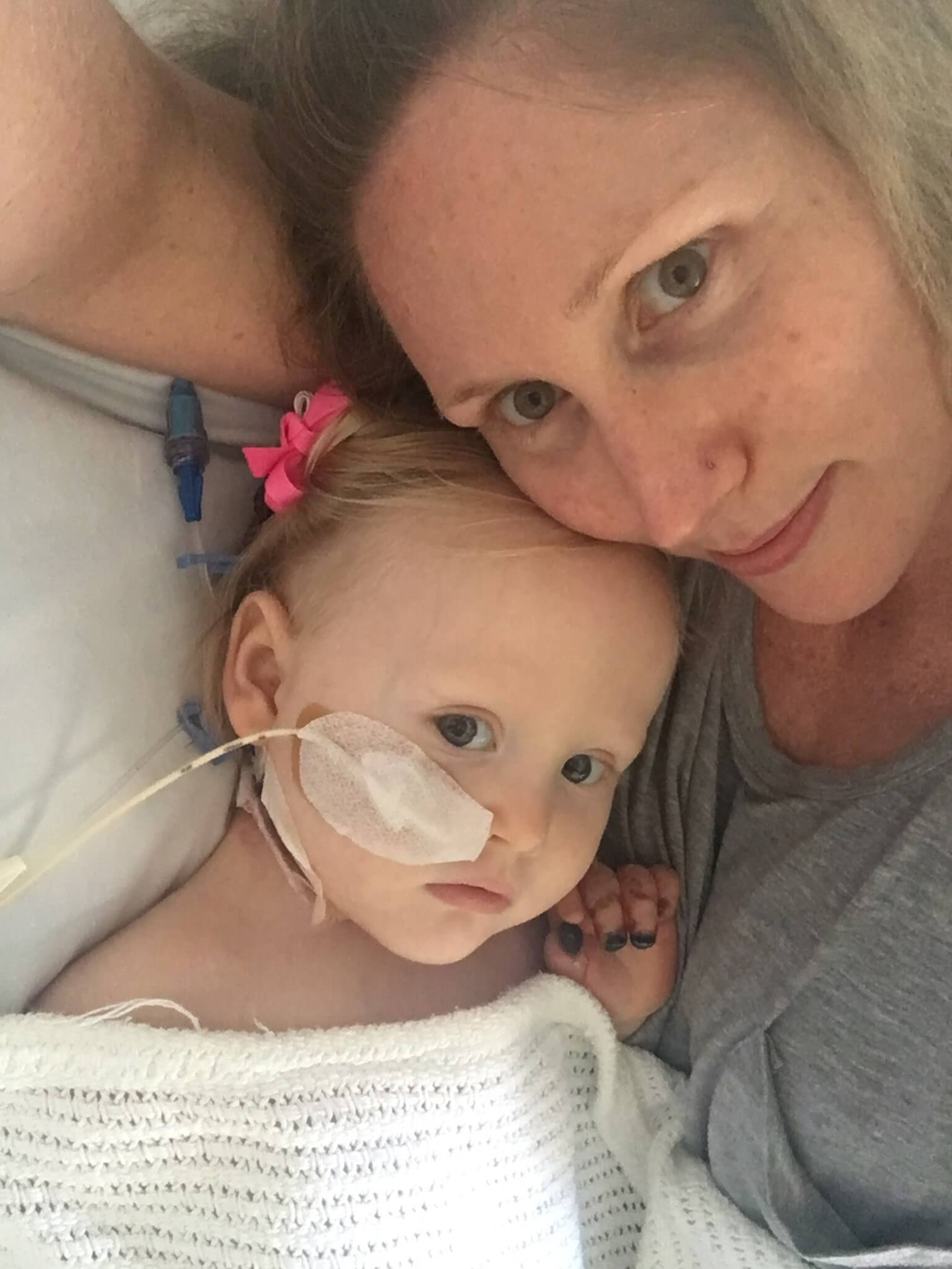
News & Events
Isla's Invasive Strep A Story"I had never heard of invasive Streptococcus A disease before, and I was shocked to hear that it is actually three times more common than meningococcal disease and just as deadly yet there is no vaccine to protect against it."
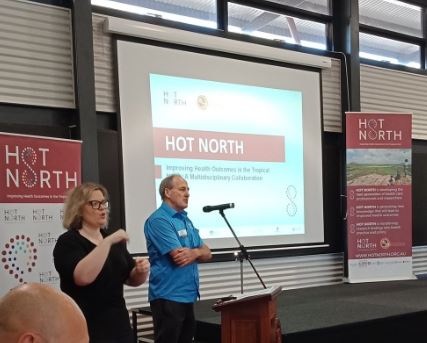
News & Events
Expert researchers converge on Broome to tackle health challenges in Northern AustraliaOver 100 researchers and health professionals from around Australia have united in Broome this week to address the major health battles facing people living in the tropical north of the country.
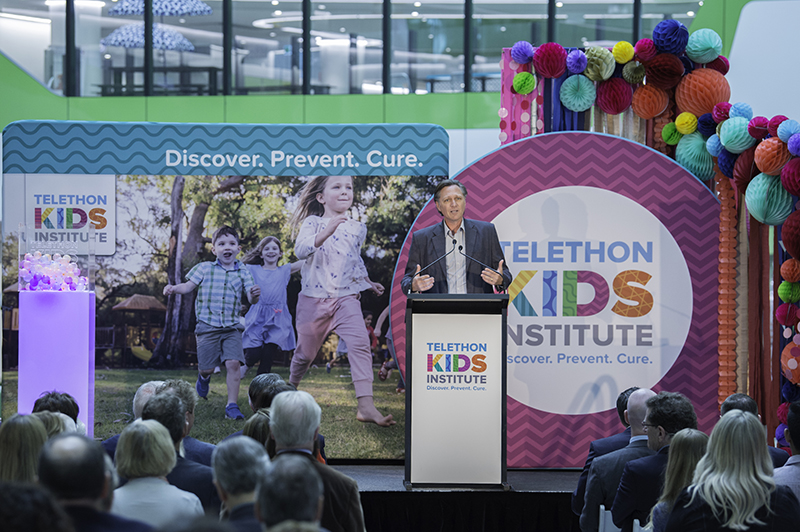
News & Events
New research home to improve outcomes for kidsThe Kids Research Institute Australia’s new state of the art research facility within the Perth’s Children’s Hospital (PCH) has officially opened its doors, paving the way for faster bench to bedside outcomes for children.
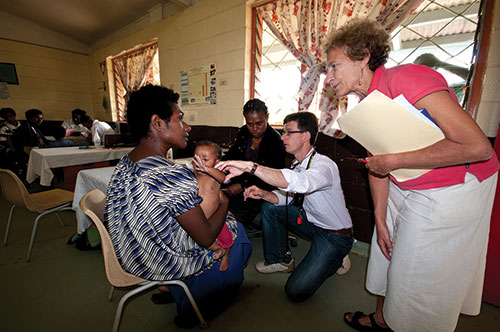
News & Events
The Kids Research Institute Australia researcher recognised for saving children in PNGClinical Associate Professor Deborah Lehmann has been recognised for her dedication to reducing the burden of infectious diseases in Papua New Guinea (PNG) with an award supporting research in the Western Pacific named in her honour.
